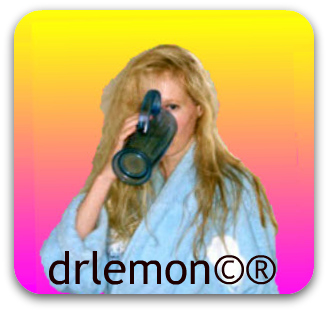The possessive adjectives in English are "My, your, his, her, our, their". They show to whom things belong or, in other words, possession. They are adjectives which modify a noun (or nouns).
In Spanish, all adjectives must agree in number and usually gender. So the possessive adjectives also must agree with the items being owned.
For example,
- if I have one book, it is my book: mi libro
- but if I have two books, they are my books: mis libros.
The possessive adjectives match only the items being possessed (owned.) They do not reflect how many owners there are or the gender of the owner/s.
Here is a chart of the possessive adjectives:
Yo form : My
| mi (singular): | mi cuaderno | mi mochila |
| mis (plural): | mis cuadernos | mis mochilas |
Tú form: Your
| tu (singular) | tu cuaderno | tu mochila |
| tus (plural): | tus cuadernos | tus mochilas |
Él, ella, usted form: His, her, your (polite form)
| su (singular): | su cuaderno | su mochila |
| sus (plural) | sus cuadernos | sus mochilas |
Ellos, ellas, ustedes form: Their, your (all y'all's)(polite form)
| su (singular): | su cuaderno | su mochila |
| sus (plural): | sus cuadernos | sus mochilas |
Nosotros form: Our
Since the Nosotros possessive form ends in o, it has four (4) forms like any other adjective ending in o. It must agree in gender as well as number.
masculine |
feminine |
|
| nuestro/a (singular): | nuestro cuaderno | nuestra mochila |
| nuestros/as (plural): | nuestros cuadernos | nuestras mochilas |
There is no possessive "S" in Spanish.
When we ask, "Whose book is it?" ¿De quién es el libro?
We can answer, "It is her book." Es su libro.
If we want to answer, "It is Susana's book", we cannot say *Es Susana's libro.
We must say, Es el libro de Susana.
